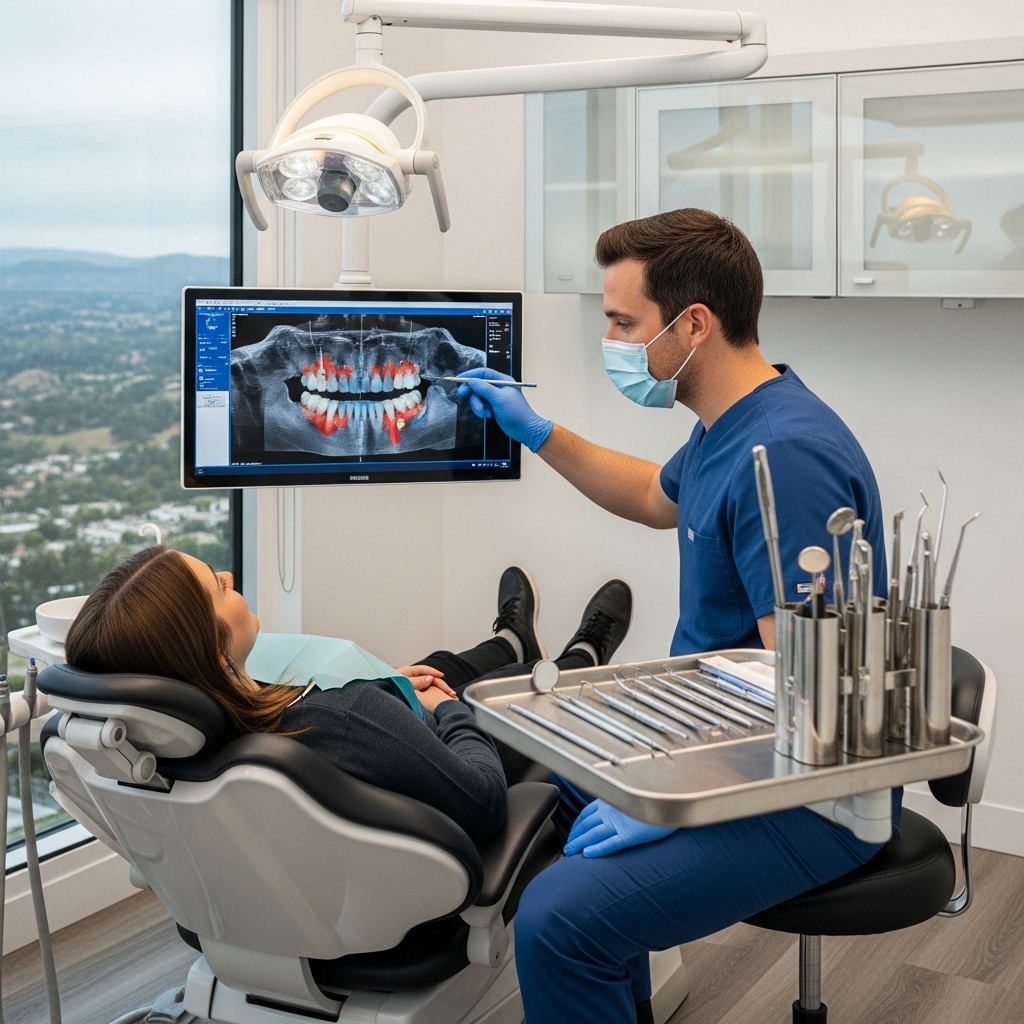General dentistry practices play a crucial role in maintaining the overall health of their patients’ teeth and gums. One of the cornerstones of general dentistry is preventive dental care, which focuses on preventing oral health issues before they become significant problems. By prioritizing preventive care, dentists can help patients avoid complex treatments, save on future costs, and maintain a healthy smile throughout their lives. Understanding how general dentistry practices prioritize preventive care can highlight its importance in preserving long-term oral health.
Comprehensive Routine Checkups and Cleanings in Preventive Care
General dentistry practices prioritize preventive dental care by emphasizing the importance of regular checkups and professional cleanings. These routine visits are designed to detect potential oral health problems before they worsen. During checkups, a dentist thoroughly examines the teeth, gums, and mouth to identify early signs of cavities, gum disease, or other issues. The earlier these problems are detected, the easier and less costly it is to treat them. In many cases, dental issues such as cavities or gum inflammation may not cause noticeable symptoms, making regular visits essential to catch them in time.
Professional cleanings, performed during these checkups, remove plaque and tartar that build up on teeth over time. Even with regular brushing and flossing, plaque can accumulate in hard-to-reach areas, leading to tooth decay and gum disease if left unchecked. By scheduling cleanings every six months, patients can maintain optimal oral hygiene and reduce the risk of developing more severe dental problems.
Education and Preventive Techniques Tailored to Individual Needs
In addition to routine checkups and cleanings, general dentistry practices prioritize preventive care by providing education and tailored advice for each patient’s unique needs. Dentists take the time to educate their patients about the importance of daily oral hygiene habits, such as proper brushing techniques, flossing, and using mouthwash. They also offer personalized recommendations for maintaining healthy teeth based on factors like age, lifestyle, and medical history.
For example, children and teenagers may benefit from fluoride treatments or dental sealants to protect their teeth from cavities, while adults might require guidance on maintaining gum health or managing teeth grinding. Some general dentistry practices even provide nutritional advice to help patients understand how diet can influence oral health. By educating patients and offering tailored preventive techniques, general dentistry practices empower individuals to take control of their oral health and avoid more invasive treatments later on.
Furthermore, some practices offer advanced preventive treatments such as oral cancer screenings, which can catch early signs of oral cancer that may otherwise go unnoticed. These screenings, when included as part of a regular checkup, can potentially save lives by detecting dangerous conditions in their early stages.
In conclusion, general dentistry practices prioritize preventive dental care by offering a combination of routine exams, cleanings, personalized education, and specialized treatments. By focusing on prevention, dentists can help patients maintain healthy smiles, avoid expensive procedures, and improve their overall well-being. This proactive approach ensures that oral health remains a priority, allowing patients to enjoy healthier, longer-lasting teeth and gums.
Read More:
Top Preventive Dental Care Tips from General Dentistry Experts
The Importance of Preventive Dental Care in General Dentistry




